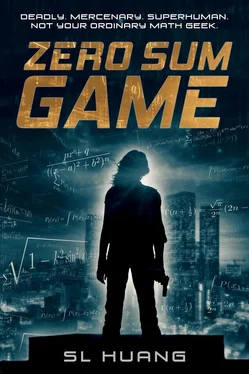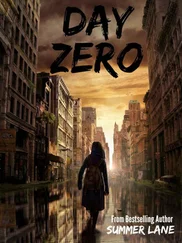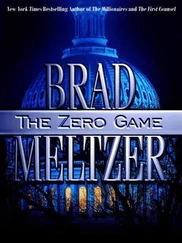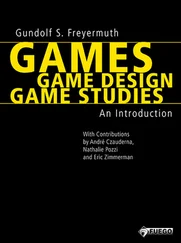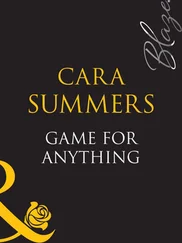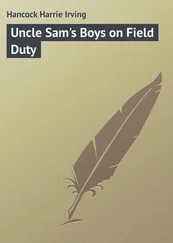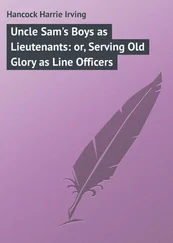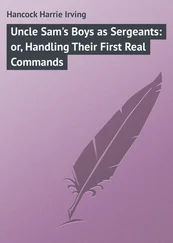A group of teenagers was using the street I had originally parked on for skateboarding practice. I sighed and started back along the sidewalk, looking for a nice witness-free place to steal a ride home.
A shot rang out, followed closely by several more.
My mind triangulated in less than half a second. Tresting’s office.
I flew back the way I had come. The gunfire beat out an irregular tattoo—one fully automatic weapon, and three, no, four semiautomatics or revolvers. People on the street cried out to each other and rushed to get indoors, grabbing out mobile phones—the cops would be on their way, then, but I added response times and travel times in my head—too long, too slow.
My boots pounded the cement in time with the staccato gunfire as I dashed around the corner to Tresting’s alleyway, my brain bursting into echoes and trajectories and telling me exactly where the shooters were: one, two, three, four, five. Two gunmen against the near wall of the upstairs office, three more ranged out toward the other side of the room. One could be Tresting, but with the blinds still closed I had no way of figuring out which. I had to get inside.
Second-floor office. Cinderblock walls, locked and reinforced door, barred window. With a little time and the right leverage I could blast through any of the three, but which was fastest? Which?
The window, it had to be the window. Estimates of bolt depth and wall strength ricocheted through my head. Tear the bars off. Crash through. Yes.
Instead of racing for the outside stairway up to the door, I veered for the opposite side of the alleyway and turned my mad bound into a leap, catching the bottom rung of the fire escape there with one reaching hand. The iron bit into my palm as my body weight jerked against it, and then I was swarming up the metal.
I drew my SIG as I flew across the first landing and tore up the next flight of stairs. Across the alleyway, Tresting’s window was inset in the wall past where his stairway ended at his office door, a sheer two-story drop below it. As I blew past the same height, I fired at the window without slowing.
Bang-bang-bang-bang.
I hit the next landing up, vaulted over the rail, and jumped.
My leap took me high in an arc above the grimy pavement twenty feet below, a long moment of weightlessness before my shoulder slammed into the concrete wall above Tresting’s window. Time seemed to slow. In hundredths of a second I was going to fall; my margin for error was almost nonexistent. I looked down at the two-story drop below me, equations unspooling in my head, the acceleration of gravity tumbling through every incarnation of every possible assignment of variables, and I flattened my arm against the cinderblocks, forcing friction to delay me the slightest touch. Vector diagrams of normal force and gravitational pull and kinetic friction roared through my senses. Just before gravity won and sucked me into a two-story plunge to the alleyway below, I dropped the SIG.
It outstripped me by the smallest fraction of a second, and as it fell between the bars and the top lip of the wall above the window, I shot out my left foot and came down on it with my entire body weight. The frame of the handgun slammed against the bars on one side and the top lip of the window on the other with all the force a simple machine could harness, and became my very own makeshift crowbar.
When I’d fired from across the alleyway, I’d been aiming at the four bolts fixing the bars to the wall. A handgun round wasn’t strong enough to break them, but it made a heck of a drill. With the drilled bolts and the massive leverage, the bars scraped in their sockets and then shrieked out of the wall.
I had no time to gather myself. My left foot leveraging against the falling bars was the only thing keeping me from tumbling twenty feet and splatting on the pavement. I kicked away from them and smashed my upper body into the naked window.
No chance I’d keep from getting cut; I needed all the math I had to generate enough force to break the glass from this direction. I crashed into the room shoulders-first, the blinds coming down with me in a shower of broken shards. As I fell, I windmilled my legs to catch the shooter who’d been standing closest to the window—she wasn’t Tresting—I scissored my legs with a snap and took her out before I hit the floor.
I had no weapon anymore, but I scooped up a piece of broken window pane in each hand, spinning as I came up. Not Arthur —the glass left my hand, not Arthur again and the other piece of window pane found its mark, the boy dropping his gun and clutching at his throat as he fell. I glimpsed Tresting across the room taking cover behind his gun safe and whirled to face the last hostile, who screamed inarticulately as he brought his Glock around. I dove and rolled over the desk, grabbing at one of the tall, tree-like houseplants as I did—my roll translated into centripetal acceleration as I spun the plant with me and let fly like it was a slingshot. Heavy clay pot hit face before he had time to get a shot off. Heavy clay pot won.
I let my body complete its roll over the desk and landed on my feet.
“Tresting?”
He emerged shakily from behind the safe and stared at me with wide, unblinking eyes, his Beretta twitching in his hand.
“You all right?” I asked.
He kept staring.
“Are. You. Hit?” I enunciated. Is this what they called shock? I wouldn’t have thought Tresting would go in for shock, being an ex-cop and all.
“That window’s two stories up,” he said.
“That’s right,” I agreed. “Good job, I guess that’s why they call you a private eye. Now, seriously, are you okay?”
He touched his right bicep; blood glistened on his fingertips. “Graze. Lucky, I guess.” His eyes flickered over the scene. Four bodies. Broken glass and dirt everywhere. “It had bars on it,” he whispered.
I’m not going to lie: I like impressing people. Especially people who’ve just walked away from me in the street and told me they never want to speak to me again.
“Yup,” I said. “I’m just that good.”
“You’re bleeding,” Tresting managed, once he had found his voice again.
“So I am,” I said. I have a hyper-awareness of my own body; all the math in the world won’t help me if I can’t match calculation with reality. I can make estimates about other people’s anatomies, but mine I know every detail of at any time, and I knew I’d sustained five shallow cuts on my face, neck, and hands, and that none of them were worth worrying about. “So are you,” I added.
Tresting half-shrugged and kept his left hand pressed against the graze as he crunched across the glass-strewn floor to crouch by the nearest of the corpses. He reached out to place his fingers against the boy’s wrist.
“They’re dead,” I informed him. I wasn’t entirely happy about that. I was only now registering just how young they were—four teenagers, a girl and three boys, probably around fifteen or sixteen. Kids.
I hate it when bad things happen to kids. Especially when I’m the bad thing.
I also noticed something else. “They’re all Asian.” It seemed strange. “Did you rob a Chinese restaurant or something?”
“They’re Korean,” corrected Tresting. I made a face; I couldn’t tell the difference. “And gang members.” He pointed to a blood-smeared tattoo on the hand of the boy next to him as he stood.
I almost said, “So?” but something pinged in my memory about Koreans and African-Americans and race riots. I made a mental note to ask the Internet at some point. “Oh,” I said instead.
Tresting moved over to the window. I didn’t miss how he glanced out through the shattered panes and then at me, disbelief still sketching his features. I felt rather smug.
Читать дальше
